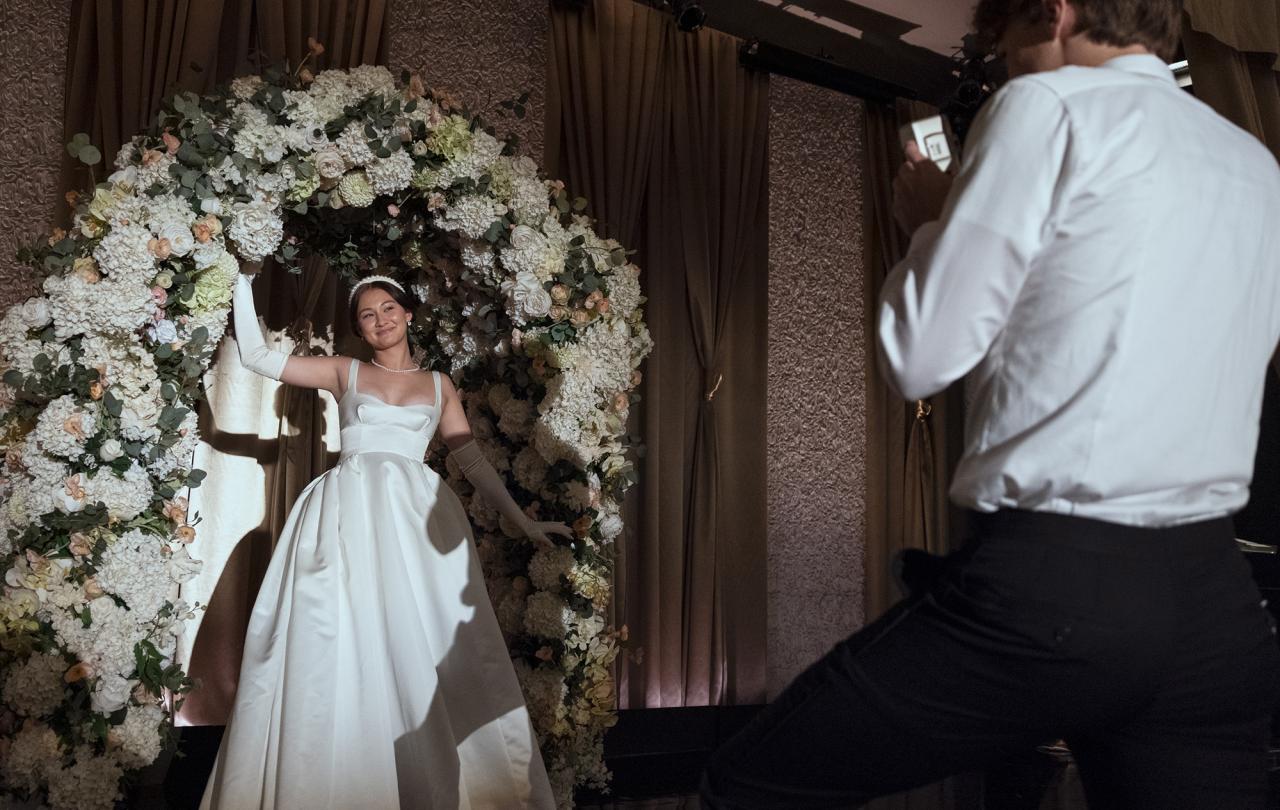
Every January for the past 15 years, my wife and I have re-watched The Lord of The Rings trilogy. Not the extended version, but, still, it’s a lot of hours to have committed to re-watching every year.
So, why do we do it?
Well, principally I suppose it’s simply because we believe the films to be excellent - arguably the best ever screen adaptation of a work of fiction - but I also think it's because the story has so much to teach us about real life.
After watching them so many times, I can now quote most of the script, yet I still struggle to pick my favourite bits; there are just too many.
From Samwise Gamgee’s speech about the greatest stories - those that “meant something” - being ones where “the chief characters had lots of chances of turning back, only they didn't. They kept going, because they were holding on to something … that there’s some good in this world, and it’s worth fighting for”.
To Gandalf’s encouragement to Peregrine Took, when the hobbit senses that he is about to meet his maker, of what follows after we die: that death is not the end, it’s “just another path; one that we all must take”, and how “the grey rain-curtain of this world rolls back, and all turns to silver and glass, and then you see it … white shores, and beyond, a far green country under a swift sunrise”.
“That's not so bad,” Pippin replies, and of course, he’s right.
Aside from the great quotes - and, trust me, there are many more I could mention - there’s also the way in which the breadth of human emotions and frailties are so perfectly depicted, such as our susceptibility to temptation, and how it can sometimes make us act in a manner that, as Frodo says of Boromir when he tries to rob him of the ring, is not like ourself.
It is also encouraging to see how both the powerful and the meek - Gandalf and Samwise - are equally prone to temptation’s pull.
The depth of friendships enjoyed by the hobbits is also a joy to behold, shining a light on that rarest gift of close friendship, while the films are kept mercifully free of anything smutty; on the contrary, they feel perfectly pure.
And there is even the compulsory happy ending, with good triumphing over evil and the dragons being thrown down by the eagles in an apocalyptic scene worthy of the Book of Revelation.
The author, J.R.R. Tolkien was a Catholic who served in both world wars, so it is hardly surprising that religious imagery can be found throughout, as well as glimpses into the ghastliest realities of war.
One of the religious themes is the power of the weak to shame the strong, with the little hobbits - described as “the most unlikely creature imaginable” to have discovered the ring after it abandoned Gollum - ultimately being hailed as the saviours of Middle Earth and told by the new King of Gondor that they need “bow to no-one”.
As Gandalf puts it, “even the smallest person can change the course of the future”.
Meanwhile, everyone - even the trees, wonderfully portrayed as walking, talking “Ents” - have a part to play, with Merry lambasting them for initially deciding not to fight by saying: “But you’re part of this world, aren’t you?”
As he says to his friend Pippin, should the fires of Isengard spread, “there won’t be any Shire” for them to return to.
But the moment that really gets me, every time I watch it, comes at the very end, when - *spoiler alert* - Frodo speaks of feeling unable to return to normal life after such a big adventure.
As someone who has had a few adventures of my own in the past - albeit none quite so fraught with danger - I can relate strongly to that sensation of coming home again and being overwhelmed by the feeling that nothing has changed, while at the same time believing that within myself, so much has.
I often think back to the time my dear parents picked my wife and I up from the airport, a decade ago now, after we’d just flown back from Alaska having hitchhiked there from Argentina, and they spent the car journey updating us on the lives of my cousins. Not that I didn't want to hear their news; only that, at that moment, it felt as though there might be something else worth discussing.
I think of that moment every time I watch the films’ denouement, and resonate with Frodo’s words when he says the Shire has been saved, but not for him; that some wounds from the past “run too deep” for the “threads of an old life” to be picked up again.
But beyond the fantastic quotes and all 'The Lord of the Rings' has to teach us about life, the three films are also all simply a fantastic watch, which, if you haven't already, I would urge you to make the time for, and if you have, I would encourage you to do so again, even if you don't do it every year.
Join with us - Behind the Seen
Seen & Unseen is free for everyone and is made possible through the generosity of our amazing community of supporters.
If you’re enjoying Seen & Unseen, would you consider making a gift towards our work?
Alongside other benefits (book discounts etc.), you’ll receive an extra fortnightly email from me sharing what I’m reading and my reflections on the ideas that are shaping our times.
Graham Tomlin
Editor-in-Chief





